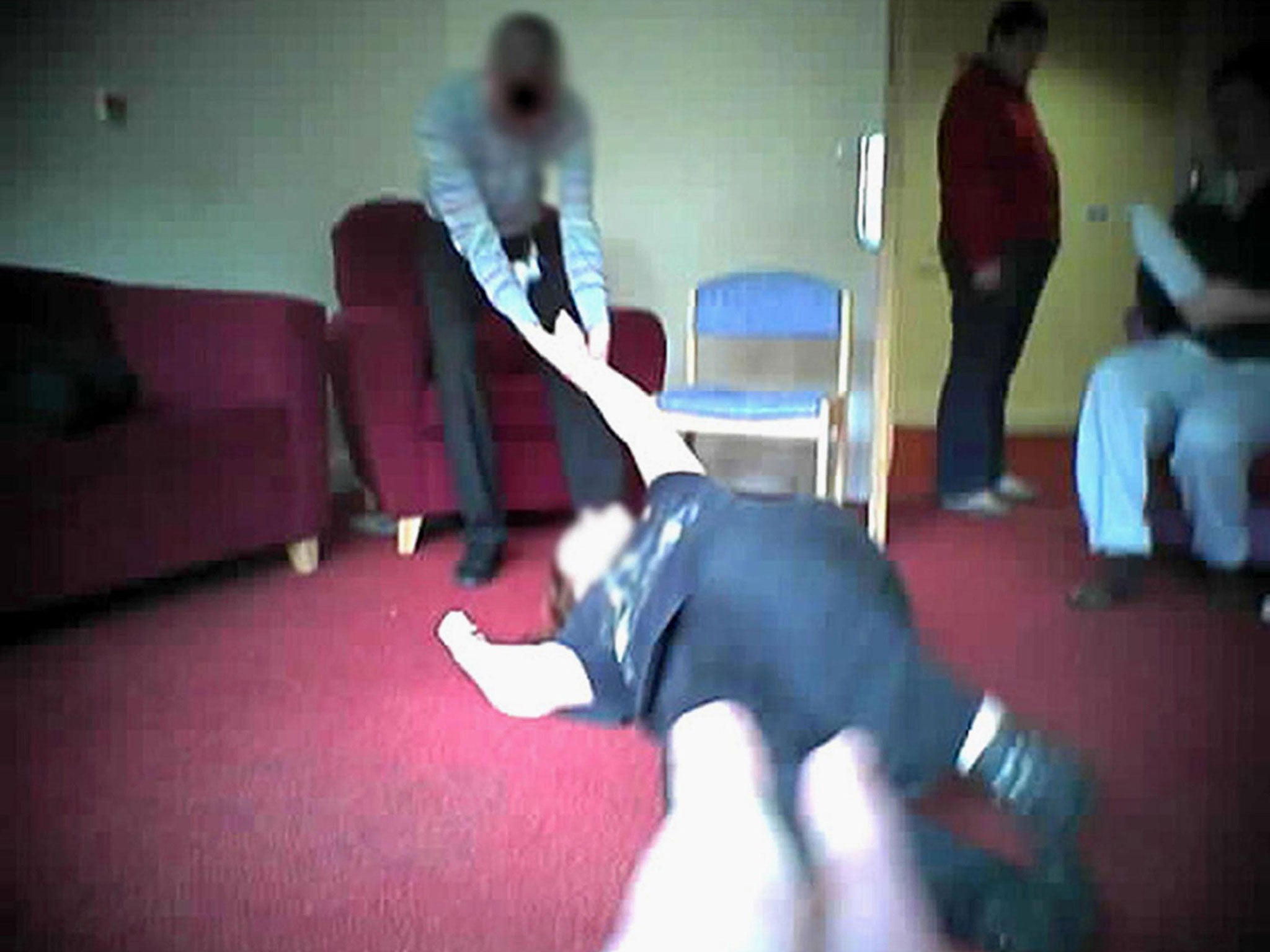Vulnerable disabled people 'kept in asylums despite community care pledge'
Report warns 900 more people with learning disabilities are languishing in institutions despite Government promises

Your support helps us to tell the story
From reproductive rights to climate change to Big Tech, The Independent is on the ground when the story is developing. Whether it's investigating the financials of Elon Musk's pro-Trump PAC or producing our latest documentary, 'The A Word', which shines a light on the American women fighting for reproductive rights, we know how important it is to parse out the facts from the messaging.
At such a critical moment in US history, we need reporters on the ground. Your donation allows us to keep sending journalists to speak to both sides of the story.
The Independent is trusted by Americans across the entire political spectrum. And unlike many other quality news outlets, we choose not to lock Americans out of our reporting and analysis with paywalls. We believe quality journalism should be available to everyone, paid for by those who can afford it.
Your support makes all the difference.Thousands of people with learning disabilities are still languishing in institutions, despite Government promises to provide care for them in the community in the wake of the Winterbourne View scandal, a report has warned.
Around 900 more vulnerable disabled people than previously thought are still being housed in asylums in breach of the pledge, Sir Stephen Bubb, chief executive of the Association of Chief Executives of Voluntary Organisations, has warned.
Abuse of patients with learning disabilities and autism was filmed in May 2011 at Winterbourne View, a private hospital in South Gloucestershire, by a BBC Panorama team.
Reports commissioned in the wake of the scandal found people were being admitted to hospitals inappropriately because support was not available in the community. They were then becoming institutionalised and isolated from their families, making it hard for them to leave.
As a result, the Government made a promise to move everyone with learning disabilities or autism who was inappropriately housed into the community by June 2014.
That deadline was missed. A new deadline, for numbers of inpatient beds to be reduced by half, was set for 2019. But Sir Stephen’s report, Time For Change – The Challenge Ahead, questions the progress made so far and calls for an independent evaluation.
“It would be a needless scandal if we came to 2019 only to find one more promise has been broken,” he said.
He also warned that without a “robust system of measures” and sufficient staff, institutional cultures would pop up in the community. “Institutional practices are not synonymous with malicious intent,” he said. “Where there are not enough staff to provide a personalised service, institutionalised forms of working are more likely to emerge.”
The scale of reforms needed are “far more challenging” than originally thought, he added, with an extra 10,000 staff needed to support people to live in the community. And with at least 1,300 people expected to move out of hospital care by 2019, there is a “critical need” for supported housing for the vulnerable.
Housing for people with learning disabilities should be exempt from proposed housing benefit caps, the report stated.
Sir Stephen also called on the Government to appoint a learning disabilities commissioner to champion the interests of vulnerable patients.
“Just as a children’s commissioner was established following the Victoria Climbié Inquiry, there is a firm argument for establishing this post. It would have a statutory duty to promote and protect the rights of all people with learning disabilities and their families,” he said.
In a separate report published on Monday, the Royal College of Nursing said the number of people with learning disabilities in hospitals increased unnecessarily in 2015.
Health Minister Alistair Burt said: “It was only recently that NHS England announced a major programme to move people with learning disabilities out of hospital and into their communities, a move welcomed by Sir Stephen Bubb. This, combined with the increase in specialist staff including nurses, will transform care.”
Join our commenting forum
Join thought-provoking conversations, follow other Independent readers and see their replies
Comments